What do I need to know about the prize?
General questions
-
The initiative is led by the founders of the foundation, Kamila and Henry Markram, who recognize that science holds the potential to address the growing litany of challenges faced by people and planet.
As the response to the COVID-19 pandemic demonstrated, much can be achieved through scientific collaboration. The initiative will build on that, with the hope of driving and accelerating progress on the planetary challenges.
-
Frontiers Research Foundation raises funds from multiple donors, including companies, other foundations and individual philanthropists.
-
The foundation and its operations are governed according to Swiss law.
-
No. The foundation only ensures that as many scientists as possible can participate.
The only condition imposed is that the application made by the scientist is based on breakthrough research that advances our understanding of at least planetary boundary, proposes a potential solution that is globally scalable, and that the research has been published as a peer reviewed journal article.
-
It is, because that is where it can contribute the most.
As was witnessed during the COVID-19 pandemic, despite lockdown, the world emitted only 5% less greenhouse gas (see Bill Gates’ book, p 13). So behavioral change alone is not the silver bullet that will reduce GHGs. As Gates argues, societies also need to find clean ways to live, to move around and to produce things, which is why technological solutions are needed.
-
Through Frontiers Planet Prize and its impact, it is expected to inspire and motivate research funders to prioritize and support science that addresses the current planetary challenges.
-
Frontiers Planet Prize recognizes that keeping the planet within its nine boundaries requires human behavior to change, and that this could have one of the biggest impacts on achieving a stable planetary system.
The prize welcomes breakthrough research across all disciplines, on condition it is focused on planetary boundaries and presents original research findings or insightful reviews and syntheses that help to reduce the destabilization of the Earth system.
-
It is expected that science and research showcased by the prize will inspire green tech investors. Frontiers Planet Prize aspires to speed up the way planetary problems are addressed.
-
Frontiers Forum Live is an annual scientific summit, that gathers scientists and thought leaders across different domains in Switzerland.
Initiated in 2016, recent speakers include Vice President Al Gore and Noble Prize winners Professor Jennifer Doudna (University of California, Berkeley) and Professor Ester Duflo (MIT, Cambridge).
Frontiers Forum Live has attracted tens of thousands of virtual participants and videos of each event typically receive over a million views.
For more information, please visit Frontiers Forum Live website at https://forum.frontiersin.org/ -
The lead scientist is the individual appointed by the NNB who best represents the team of the published article, and in the event of being awarded the International Champion title by the Jury of 100, is the individual that will manage the prize money to drive the research project forward. The lead scientist of each application is proposed directly by the NNB and should not be based on the hierarchical position of the author.
During the nomination process, the Frontiers Planet Prize team strongly recommends that each National Nominating Body actively considers diversity and confronts unconscious bias in selecting their nominations, and the accompanying lead scientist. Embracing diversity will foster equitable outcomes that reflect the diverse contributions of nominees.
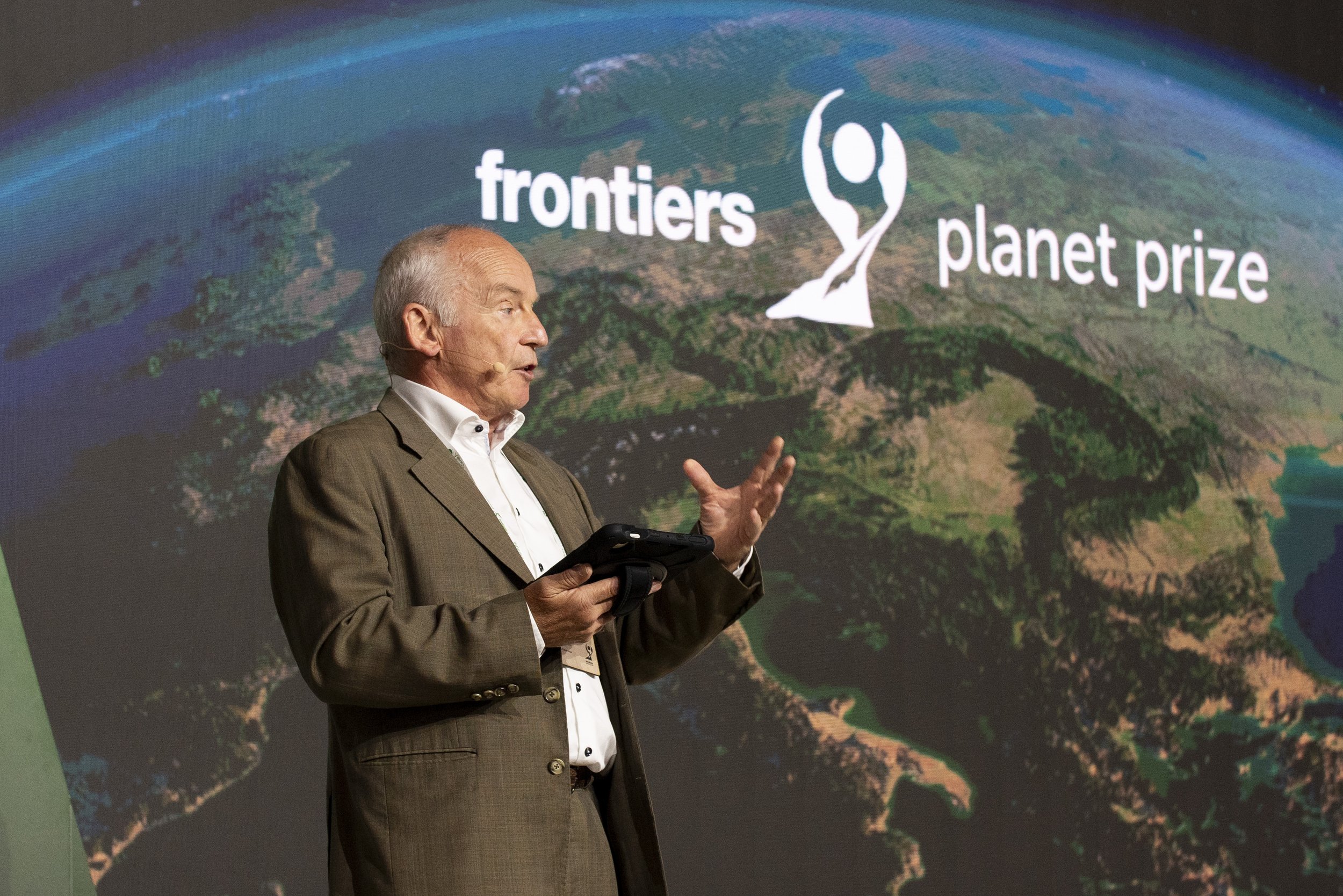
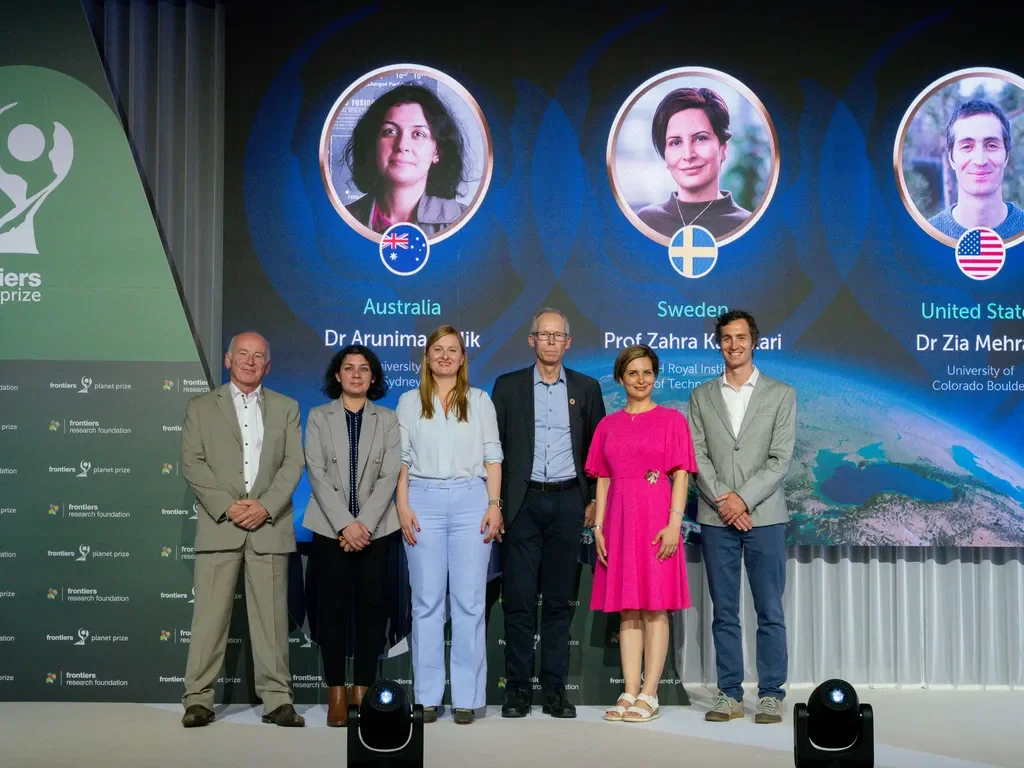
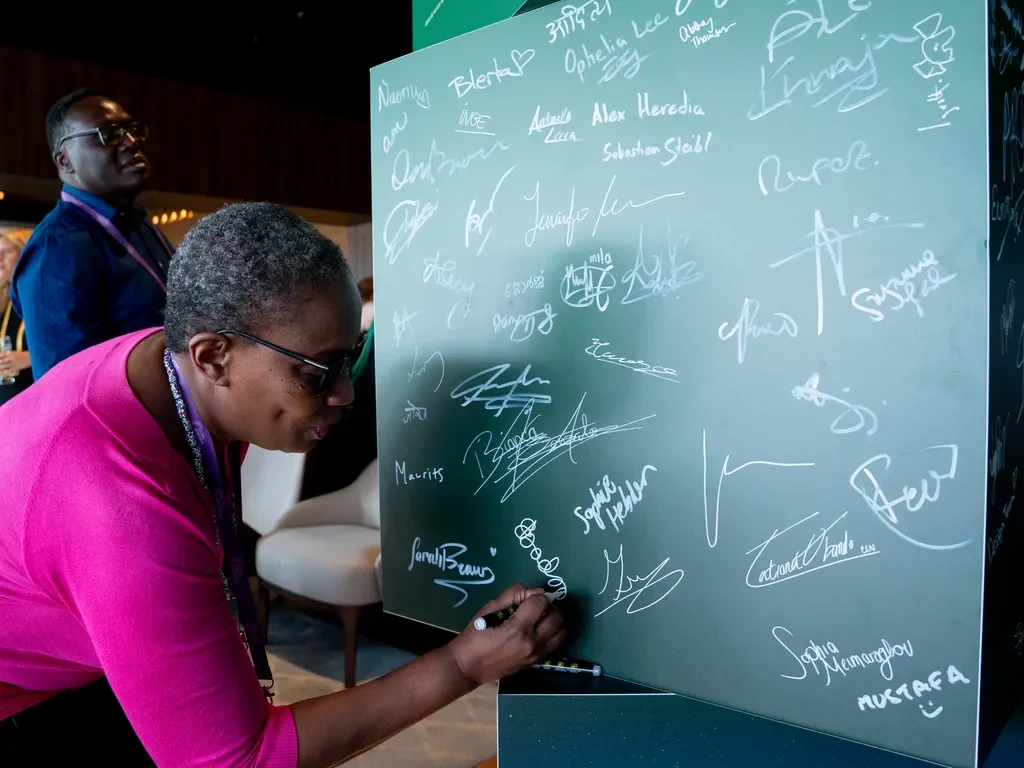
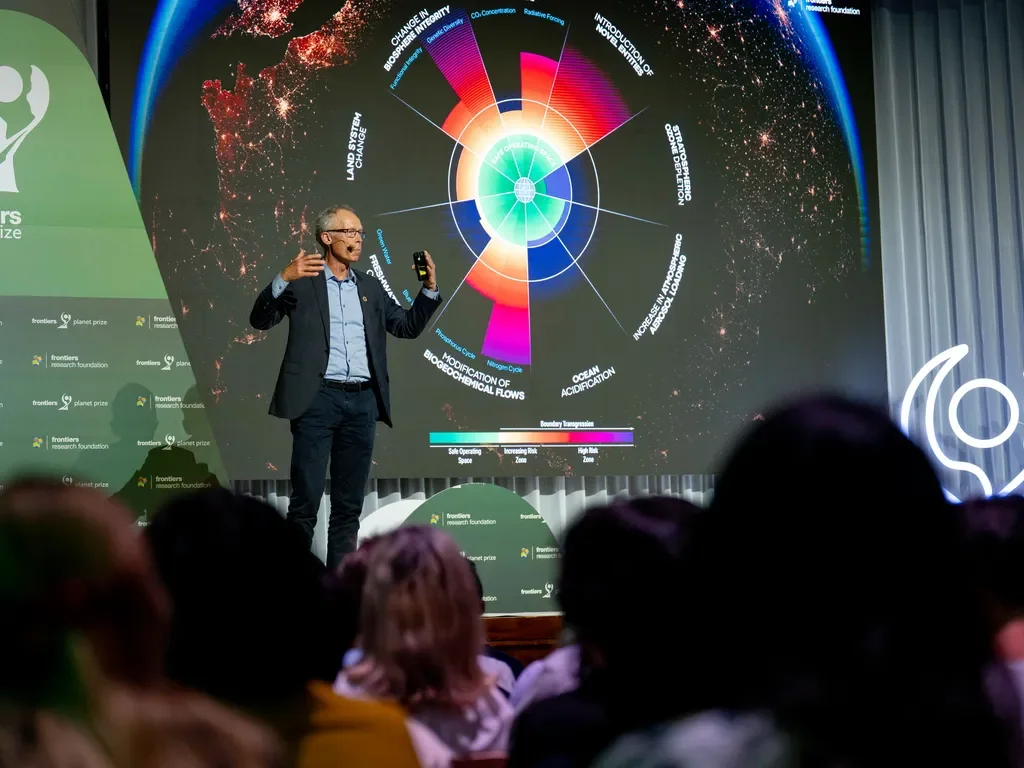
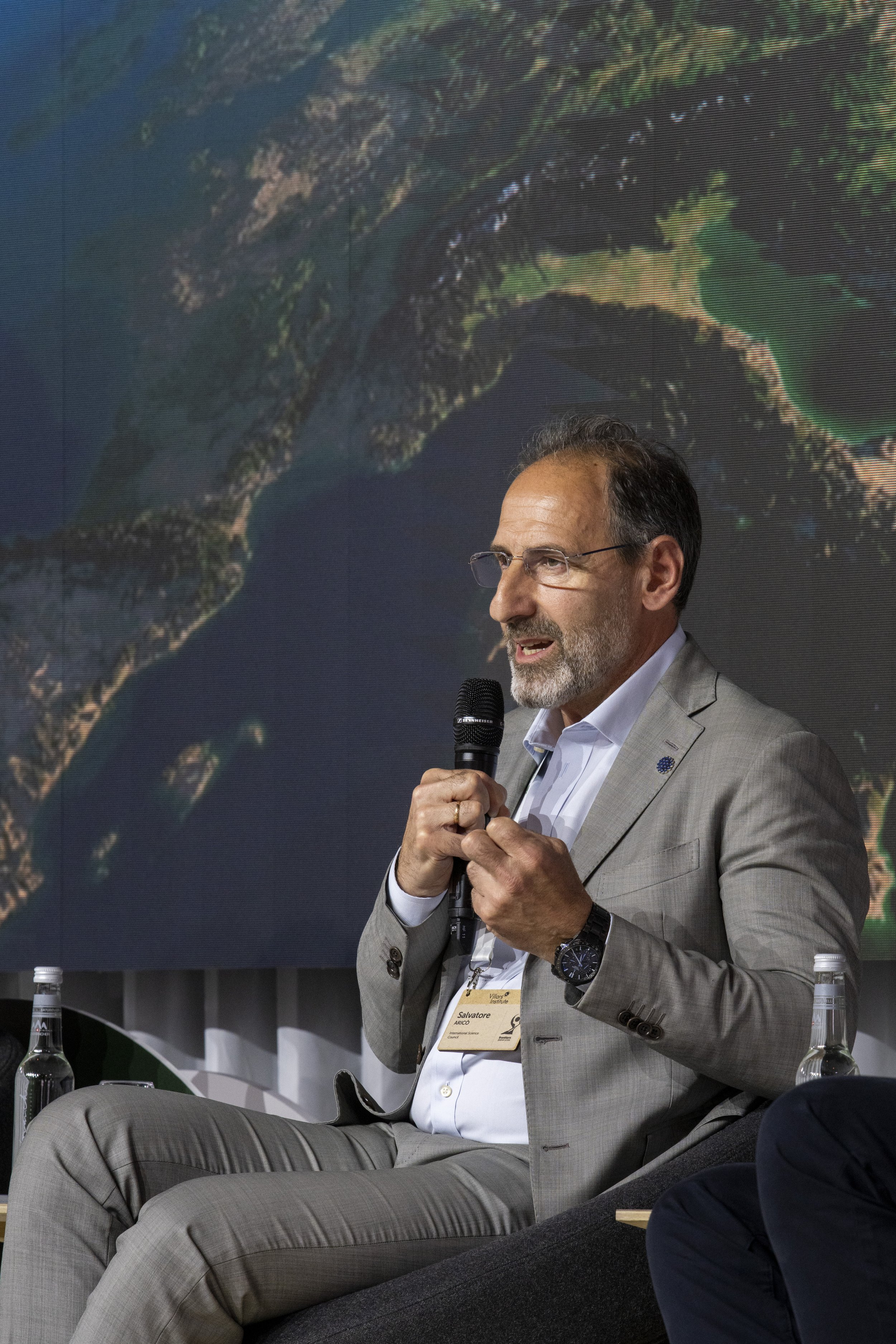
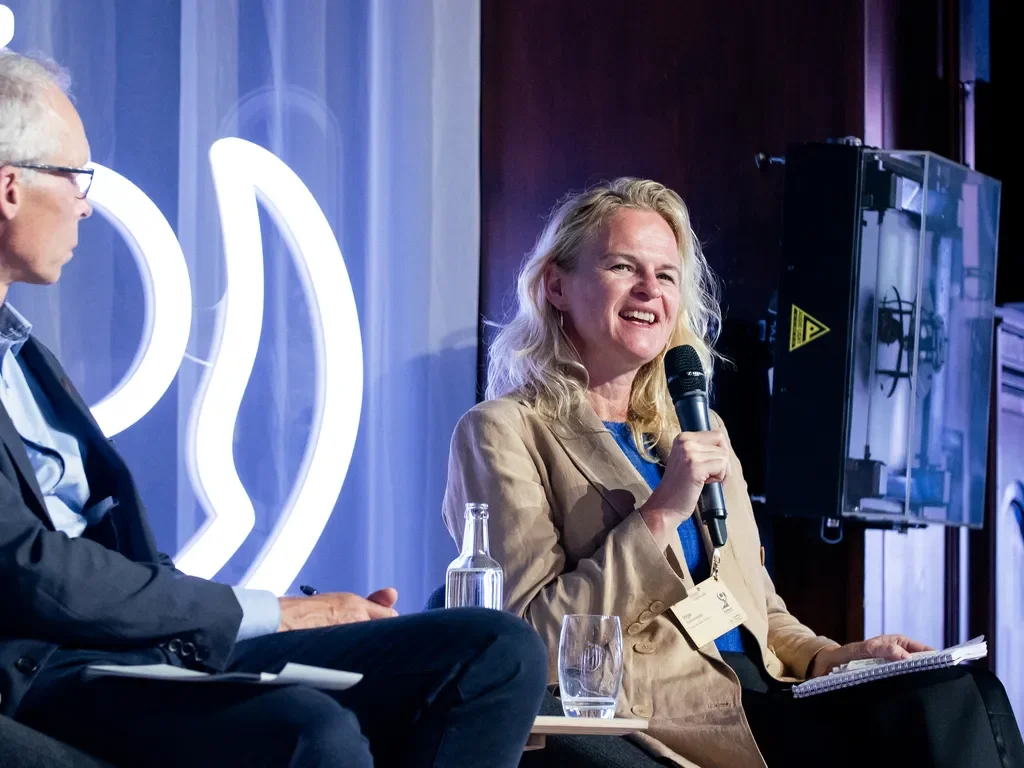
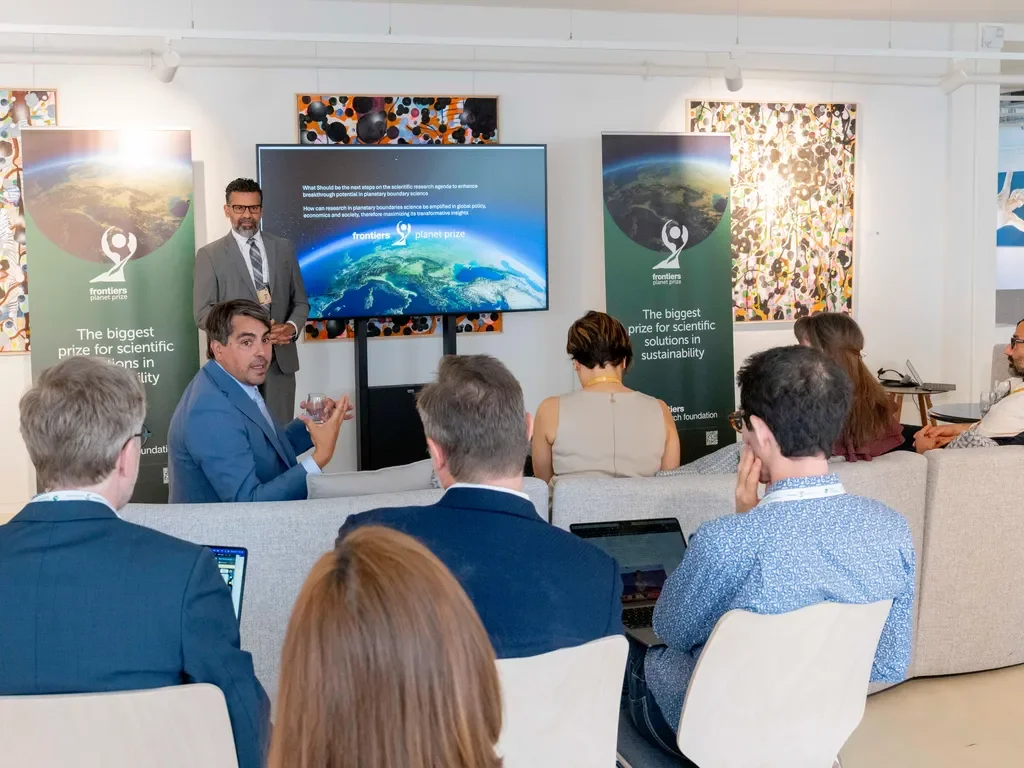
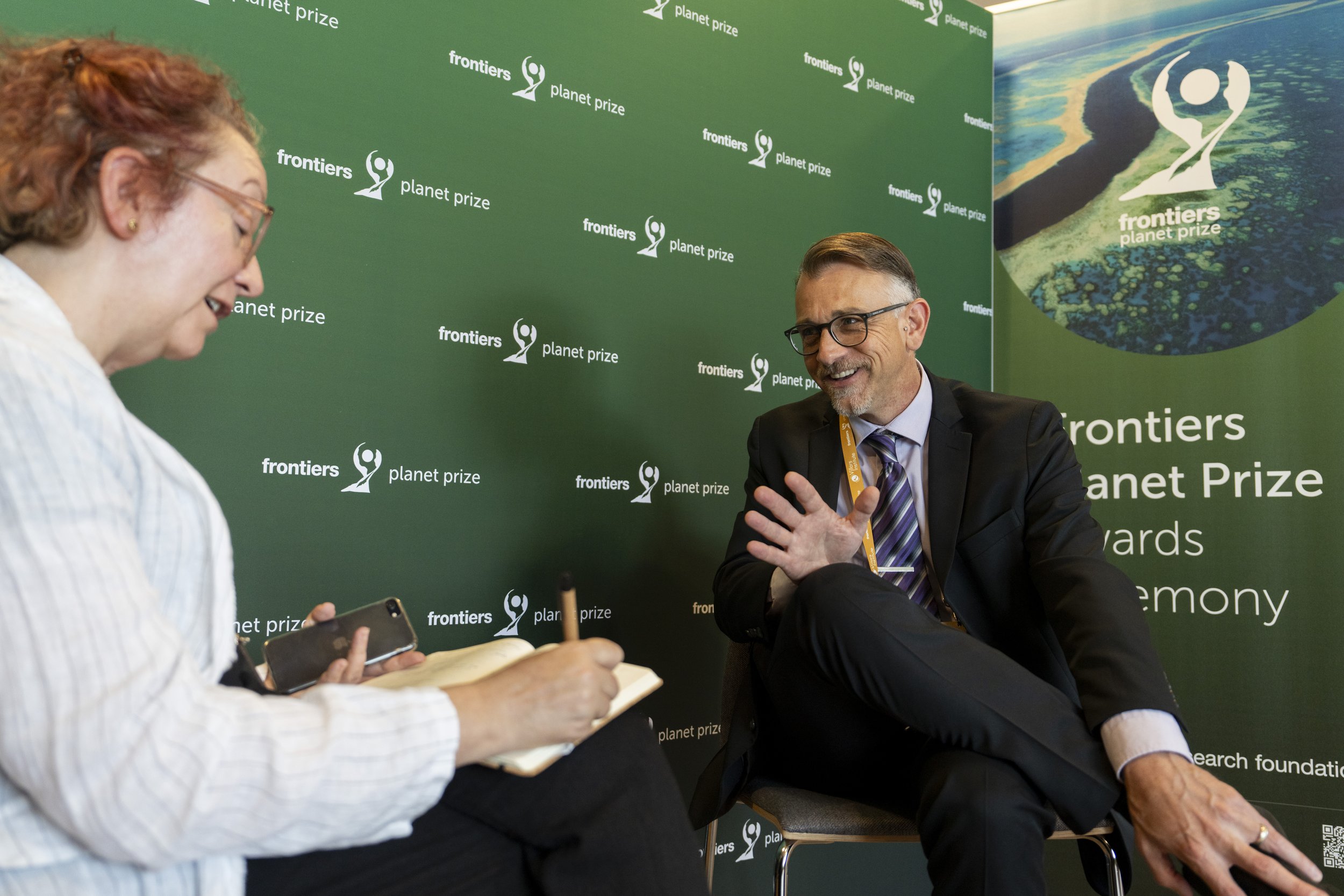
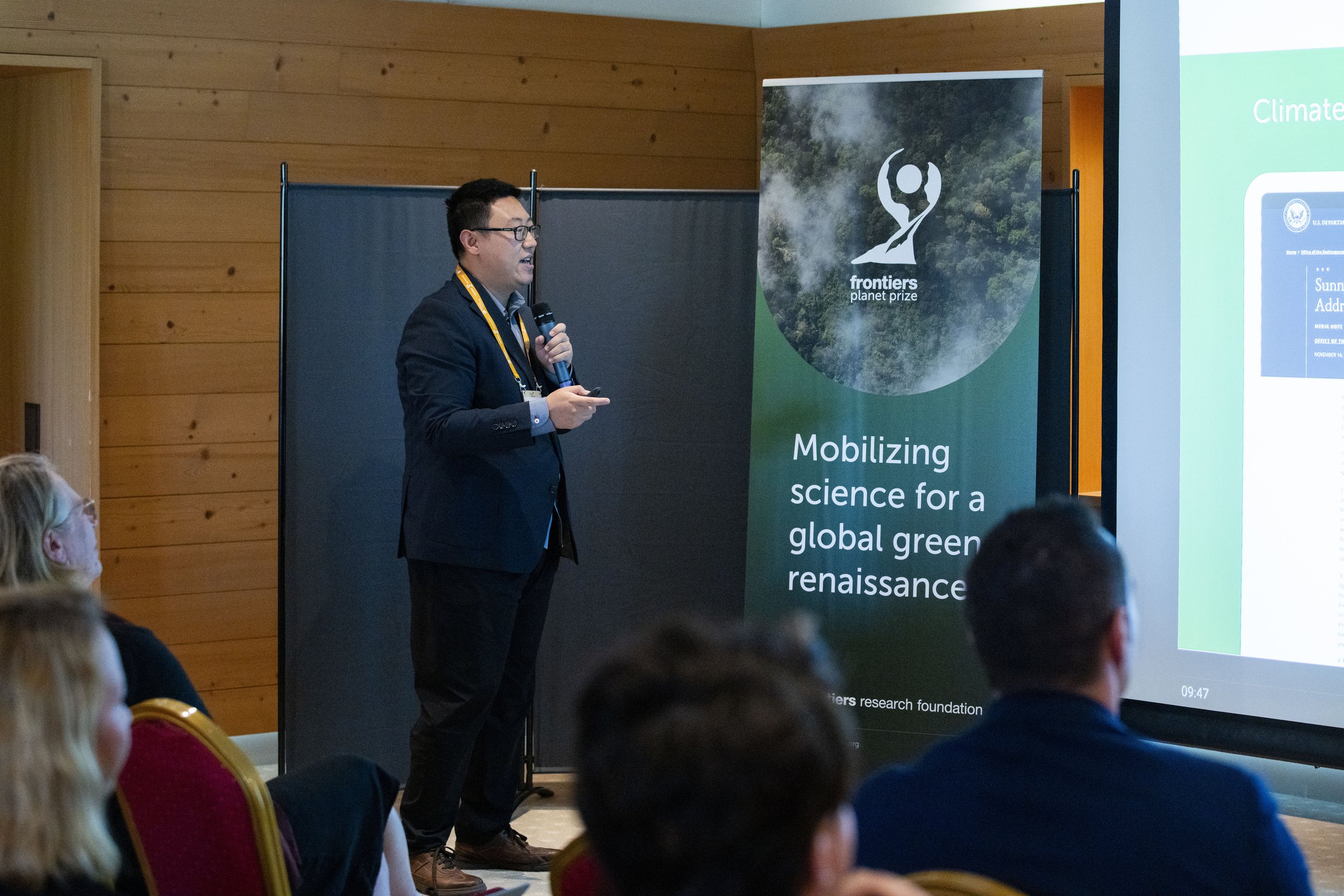
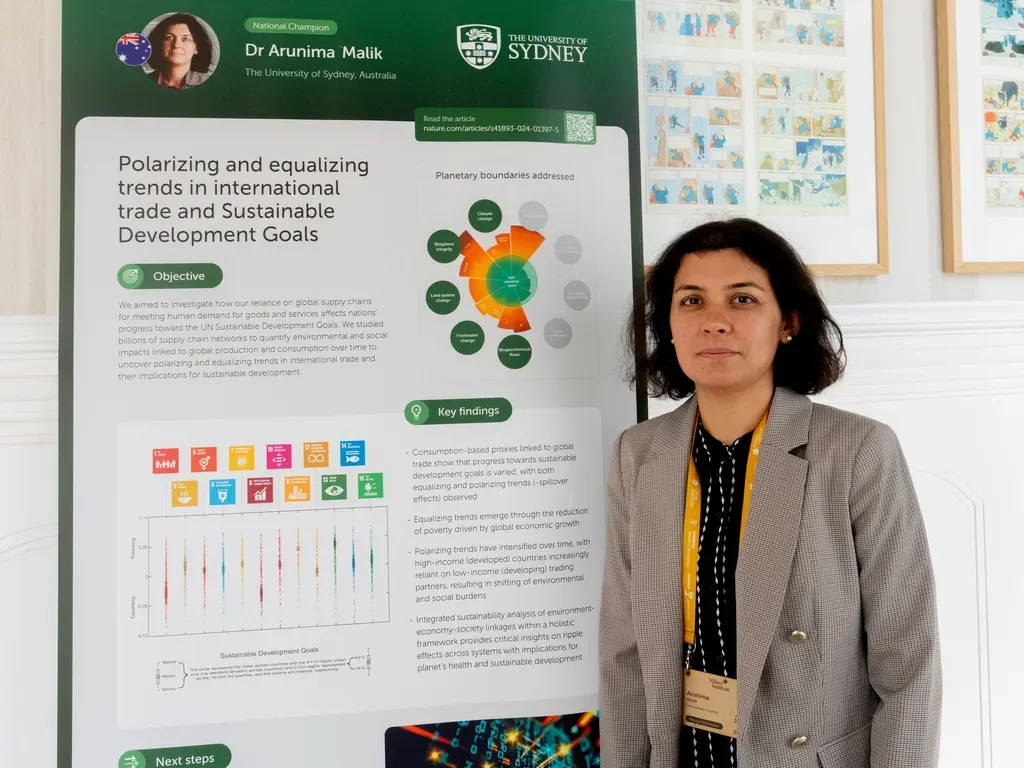

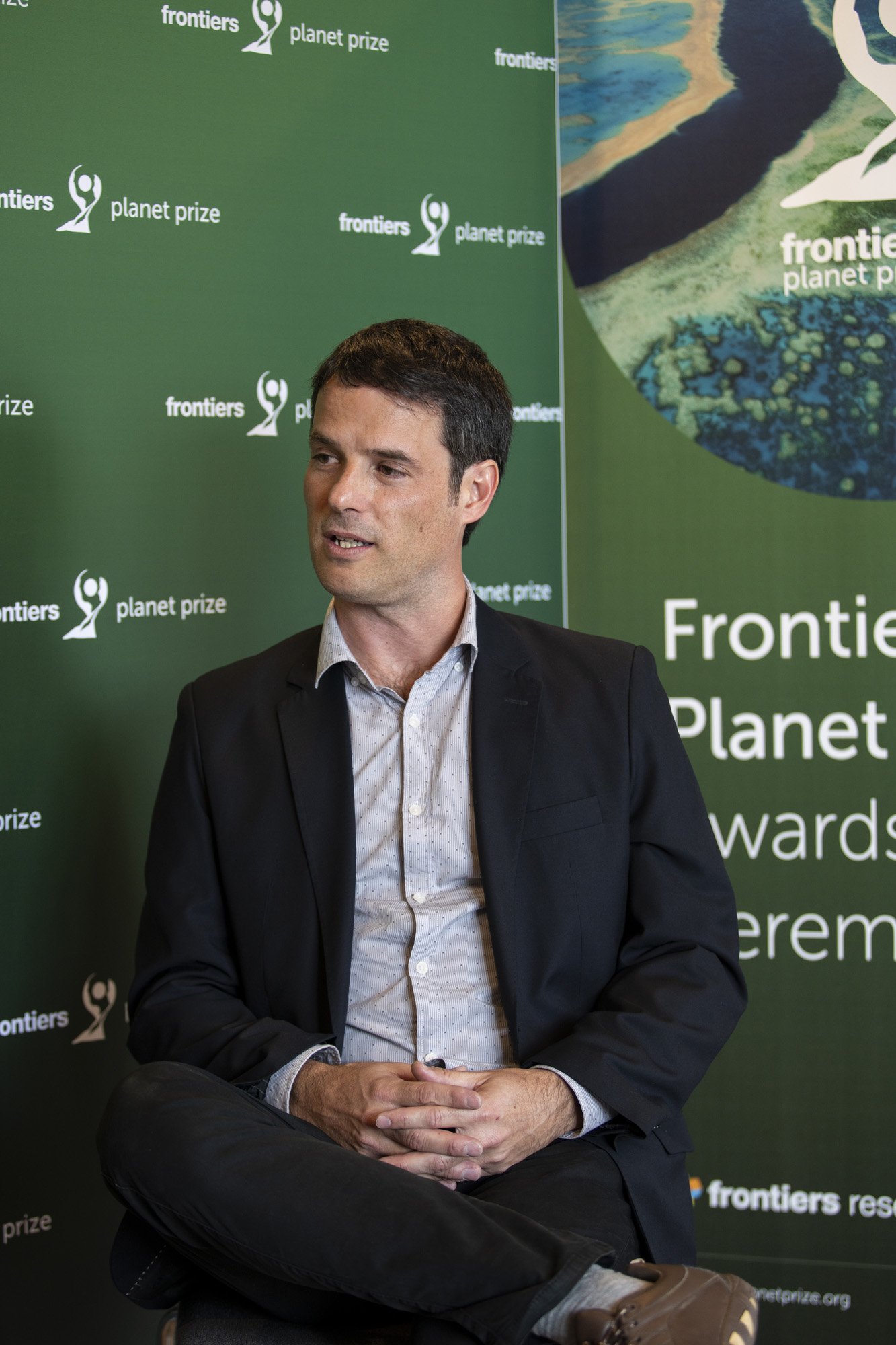
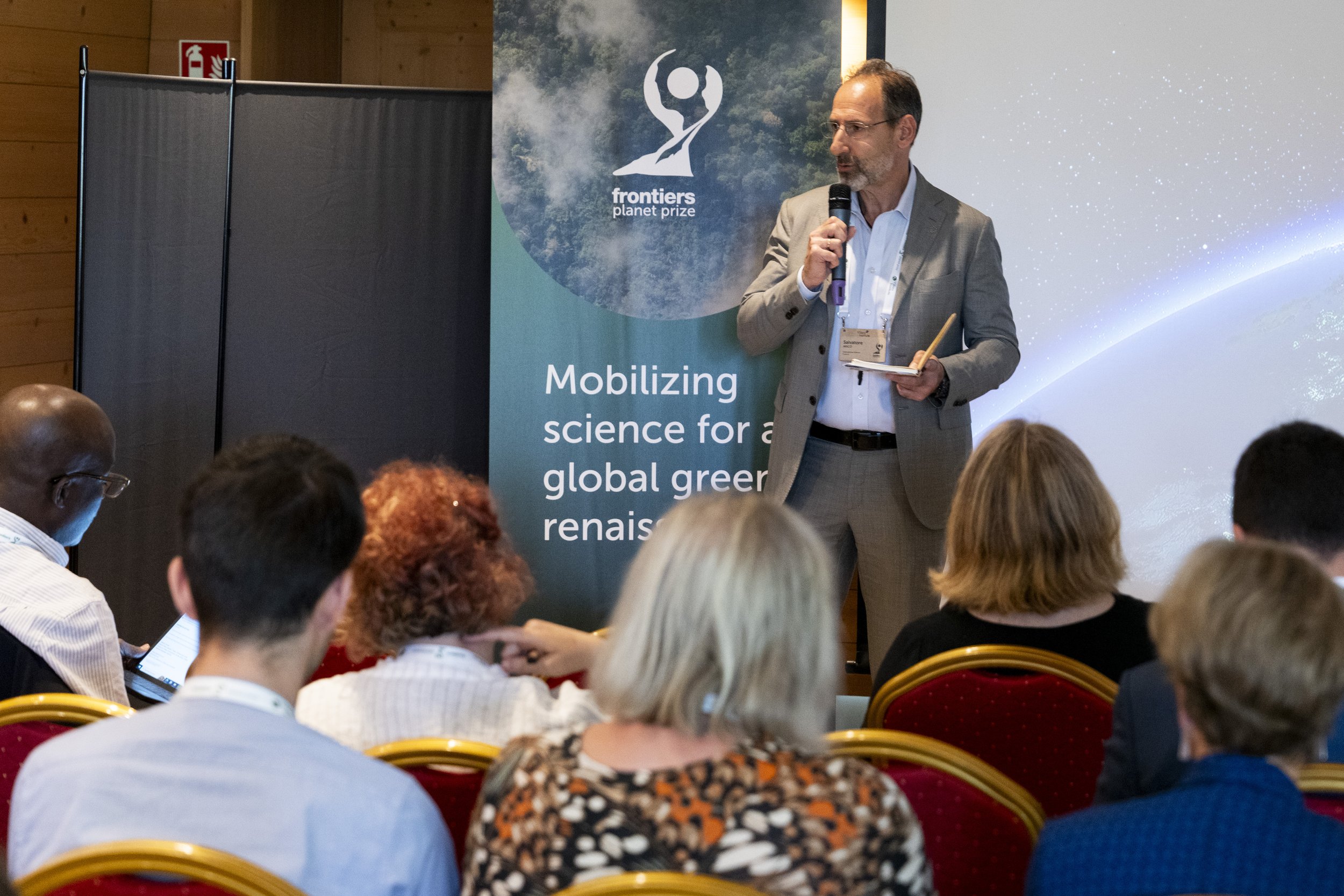

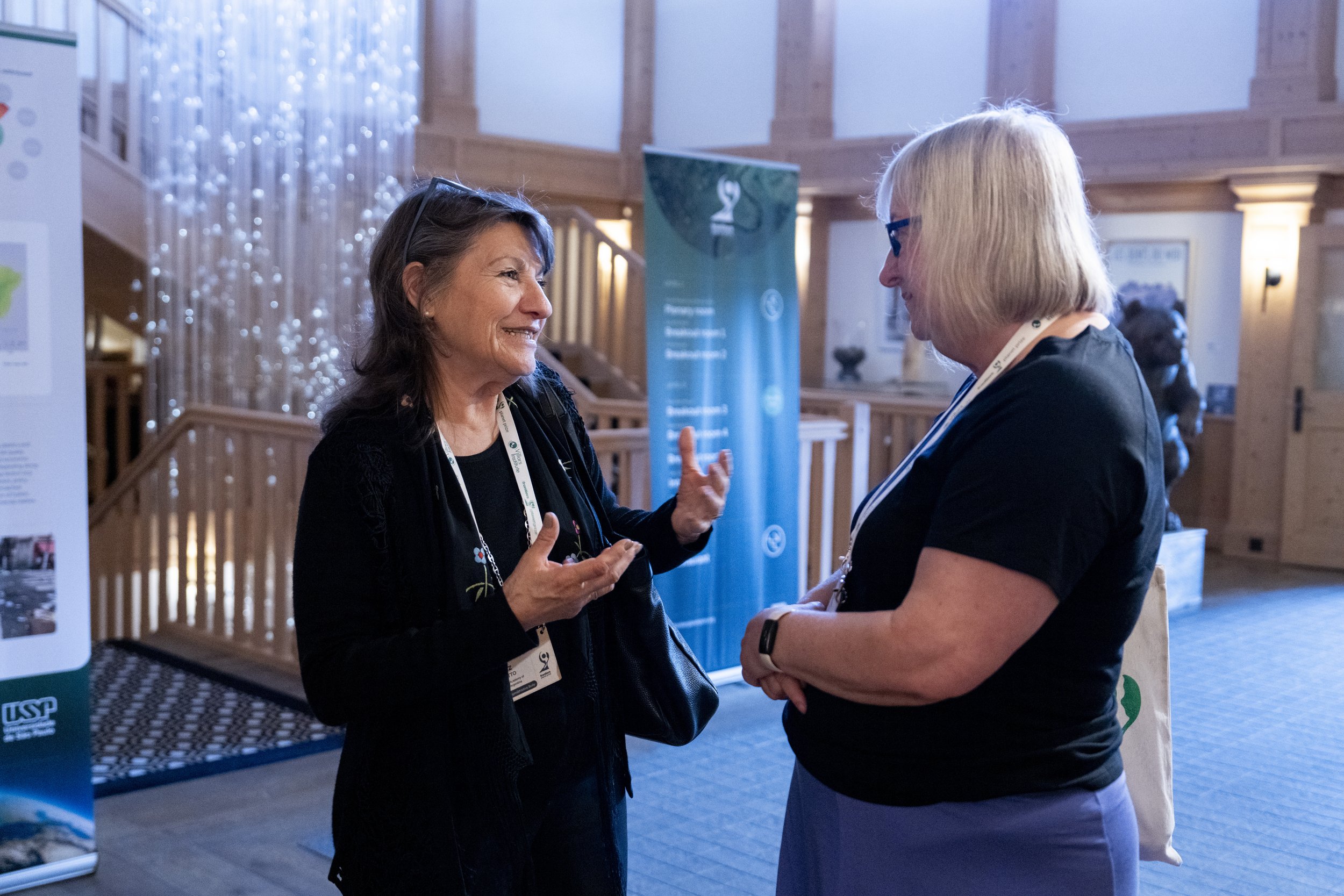
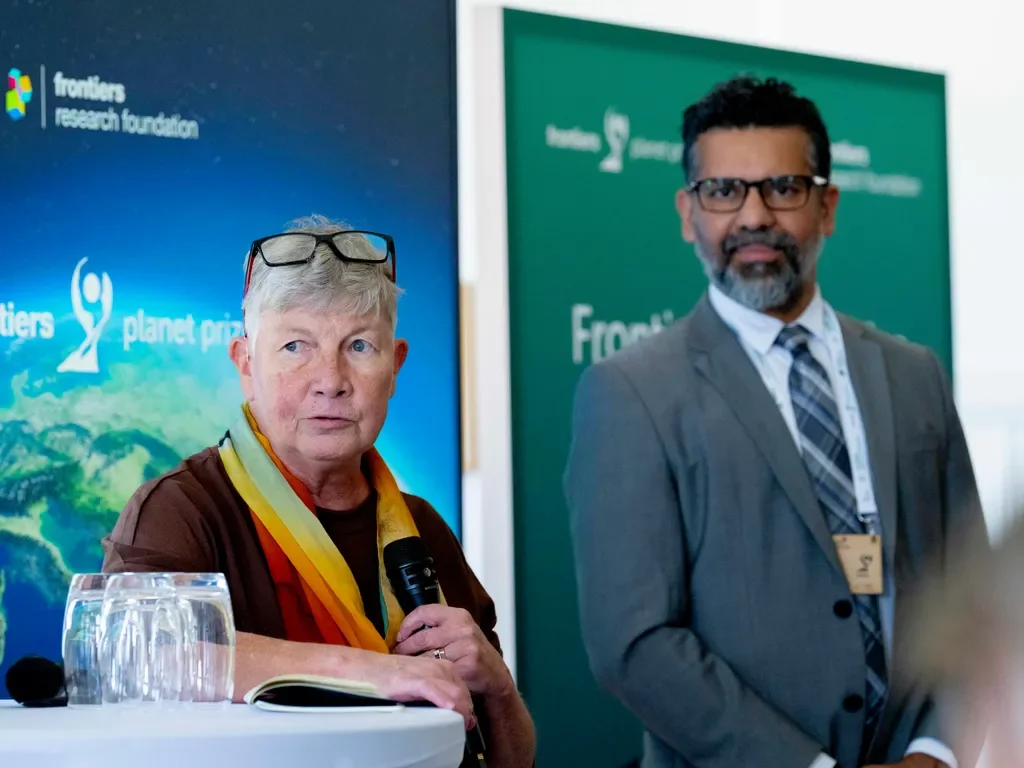
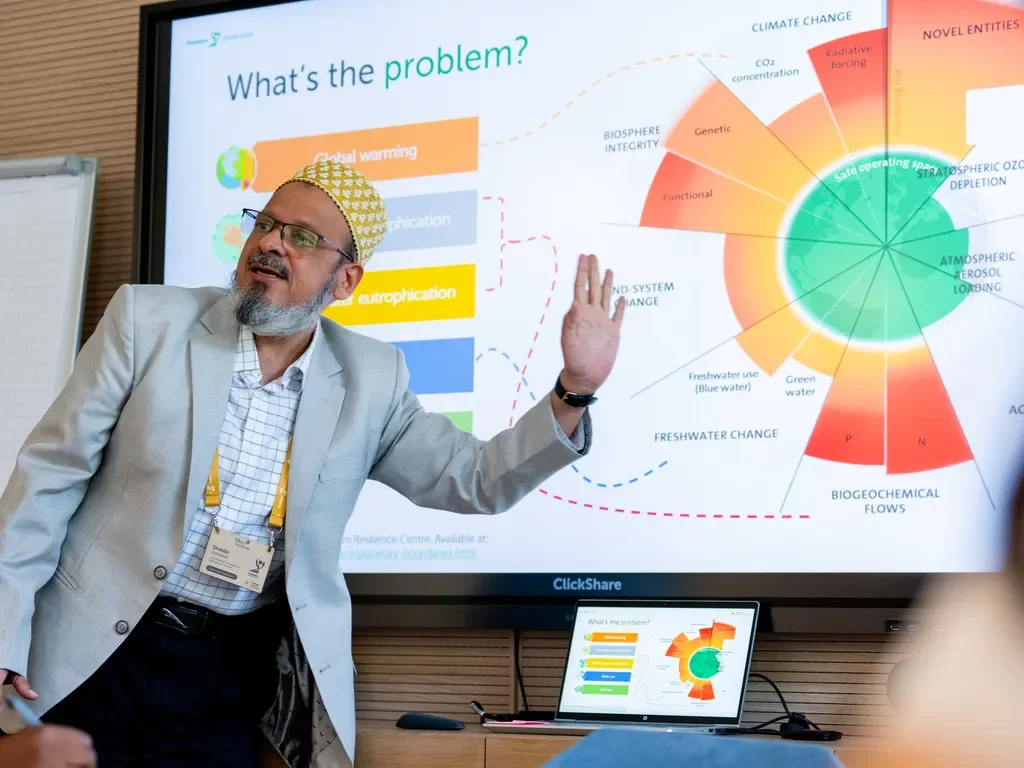


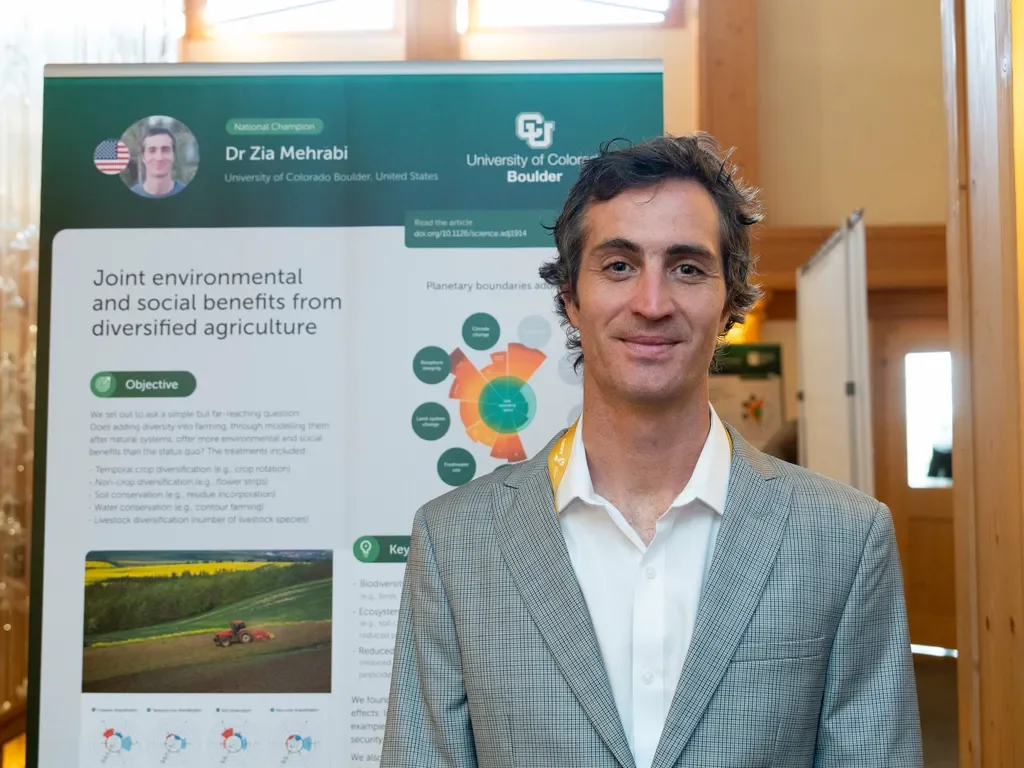

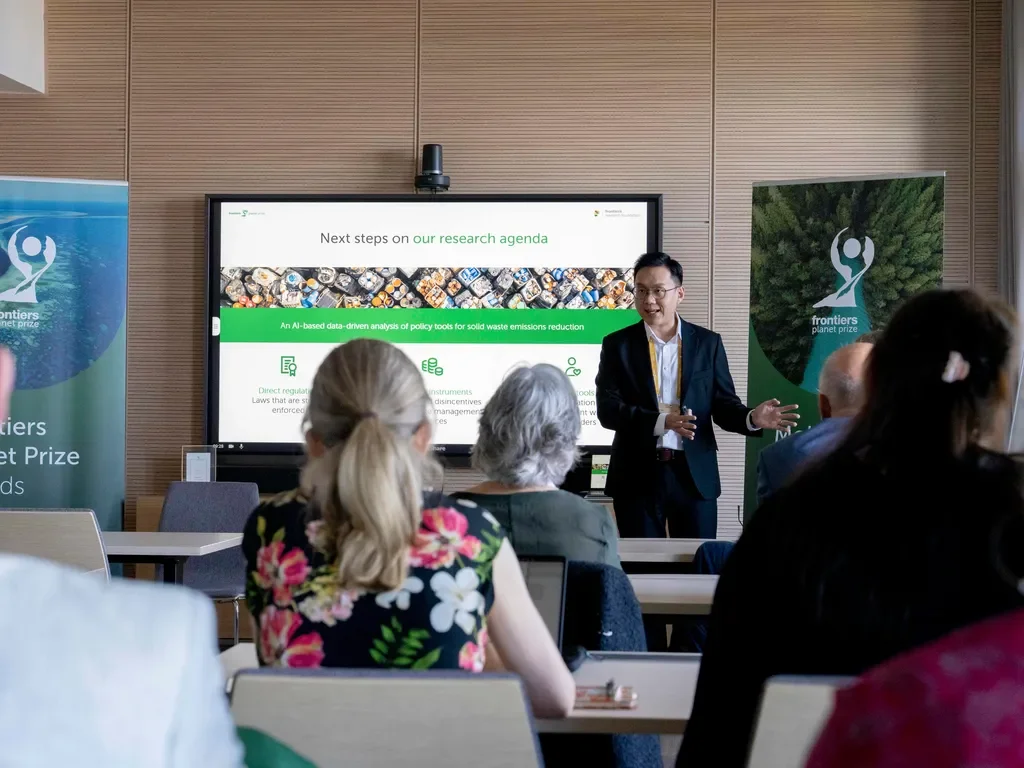
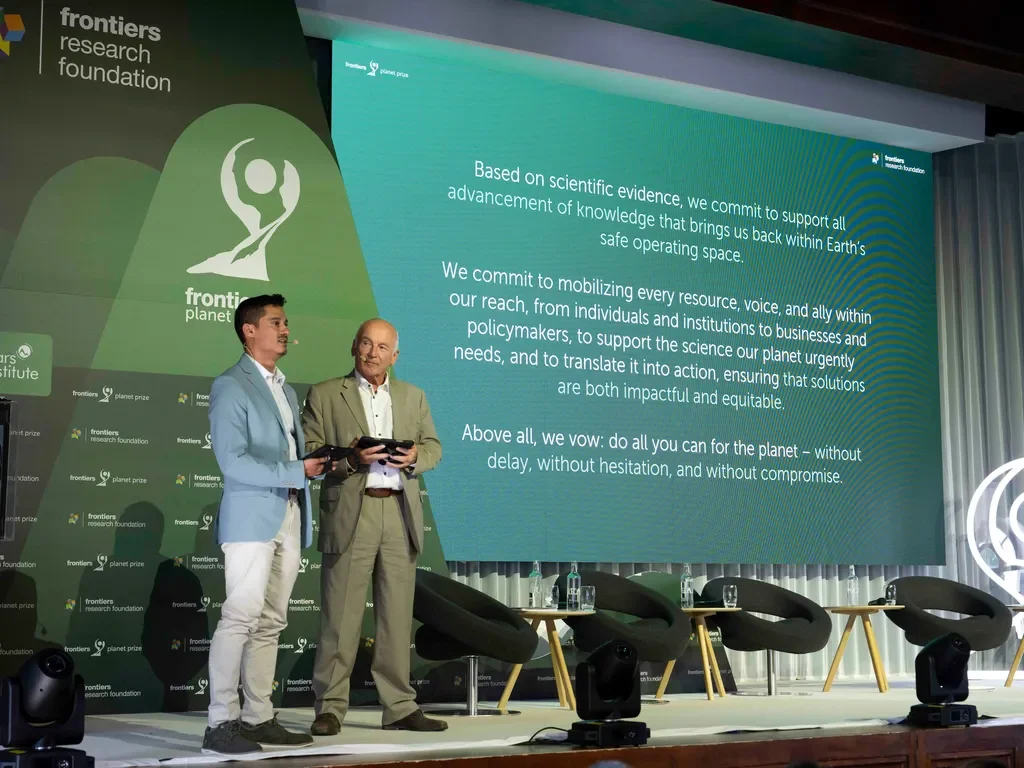
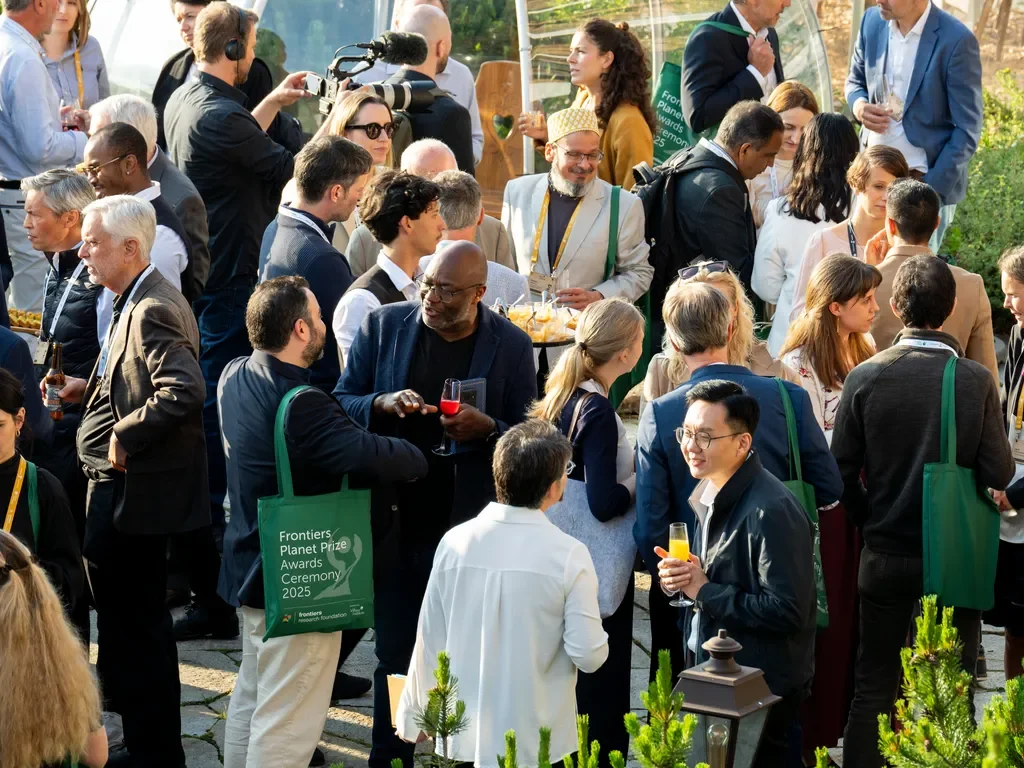
For scientists
-
Institutions who register to become National Nominating Bodies manage the submissions with their organization and put forward their nominations. For research articles where several contributors were involved, the NNB appoints a lead scientist to represent the group. The lead scientist must be an author who best represents the team on the paper, and should they be selected as the International Champion, will be the individual who will manage the prize money to drive the research forward.
-
The International Champions are expected to use the prize money to support their winning research – individually or as part of a team – under the management of their NNBs (National Nominating Body: a university or a research institute).
-
All articles, together with the application form, must be submitted in English language. Only peer-reviewed articles accepted for publication in international journals are eligible.
-
There are no restrictions to how the prize money is used, as long as it supports the research of the winning group of scientists. The only expectation is that no overheads can be deducted by the recipient institution. A short annual report of how the prize fund is used will need to be submitted to the Frontiers Research Foundation to conform with Swiss laws governing foundations.
-
The use of the prize money in funding research of the winning scientist will be monitored through periodic reporting as requested by the foundation.
-
The evaluation criteria of the Jury of 100 is set independently from the Frontiers Research Foundation, and can be found in the criteria tab of this website.
-
No. Scholarly books and book chapters are not eligible to qualify as a scientific publication.
-
While scientists are eligible to participate in multiple editions of the prize, each application must contain a different journal article to those submitted in a previous edition.
-
Yes, but only if the research that has been published in a peer-reviewed journal, with an acceptance date during the period of two years of the prize in discussion. For example, if the current Frontiers Planet Prize is 2023, only research accepted for publication from 2021 to 2023 will be eligible.
-
Yes, scientists are eligible to participate in multiple editions of the prize, as long as the application contains a different journal article that falls within that year’s 2 year acceptance window.
-
Each application put forward must offer new insights that help reduce the destabilization of the earth system. This must be a scalable solution or has the potential for a breakthrough application that addresses several planetary boundaries at the earth system scale, with an immediate, global and scalable impact.
-
The lead scientist has to be decided amongst the team of scientists, prior to sending in the application and they will represent the team. The co-authors of the article in question will then be acknowledged in later stages of the process.
-
Scientists can make their application by completing the PDF form, shared by their National Nominating Body, ensuring a link to the peer reviewed article is also included.
-
The Champions can result from any field of science related to sustainability. The prizes will be awarded to the research with the highest scientifically measurable impact on keeping the planet within the nine planetary boundaries.
-
The National Champions will be announced on Earth Day (April 22nd), while the International Champions will be announced during the Awards Ceremony in June, 2025.
-
If one scientist makes a significant scientific breakthrough more than once – and is recognized for that by the NNBs and the Jury of 100 – then this scientist may be awarded the prize more than once.
-
NNBs establish – within the scope of the Frontiers Planet Prize – their own independent process for identifying and nominating the candidates as National Champions.
Frontiers Planet Prize requires that all nominated scientists are then informed of the nomination and have an equal opportunity to win the prize – ultimately only the best science should be proposed if the country is to progress in the selection process.
The Jury of 100 will not be disclosed until after the Champions have been announced. The nominations will also remain private until this time.
-
The prize process will help to identify and support excellent scientists in every country who are addressing planetary challenges irrespective of affiliation as they are nominated by the countries’ own institutions.
-
It is up to the National Nominating Body to decide who is the lead scientist for the article, according to the criteria mentioned above. However, if you are a co-author of the winning article, you will receive an official certificate, and will be recognized at later stages of the prize for your pivotal contribution to the article.


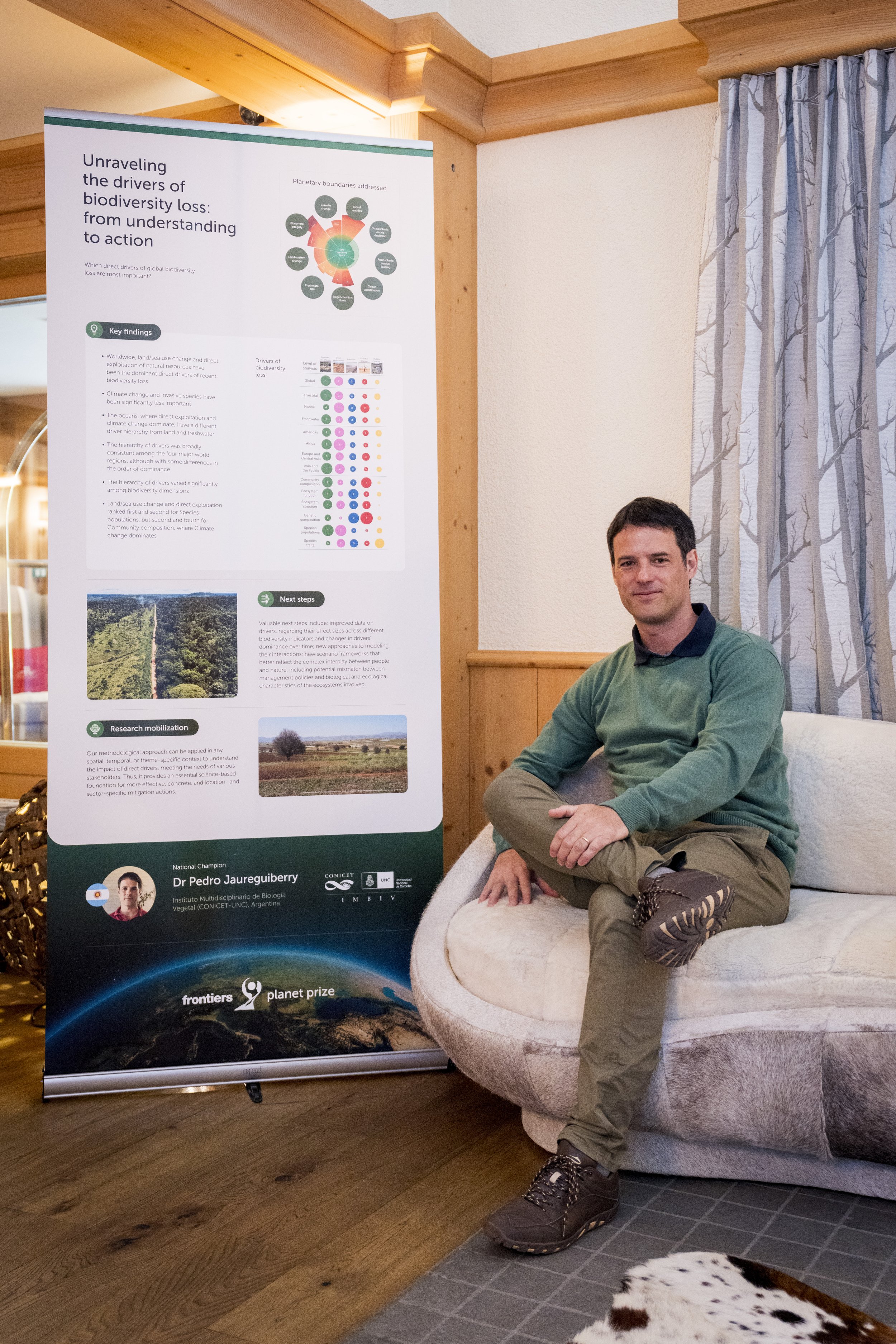






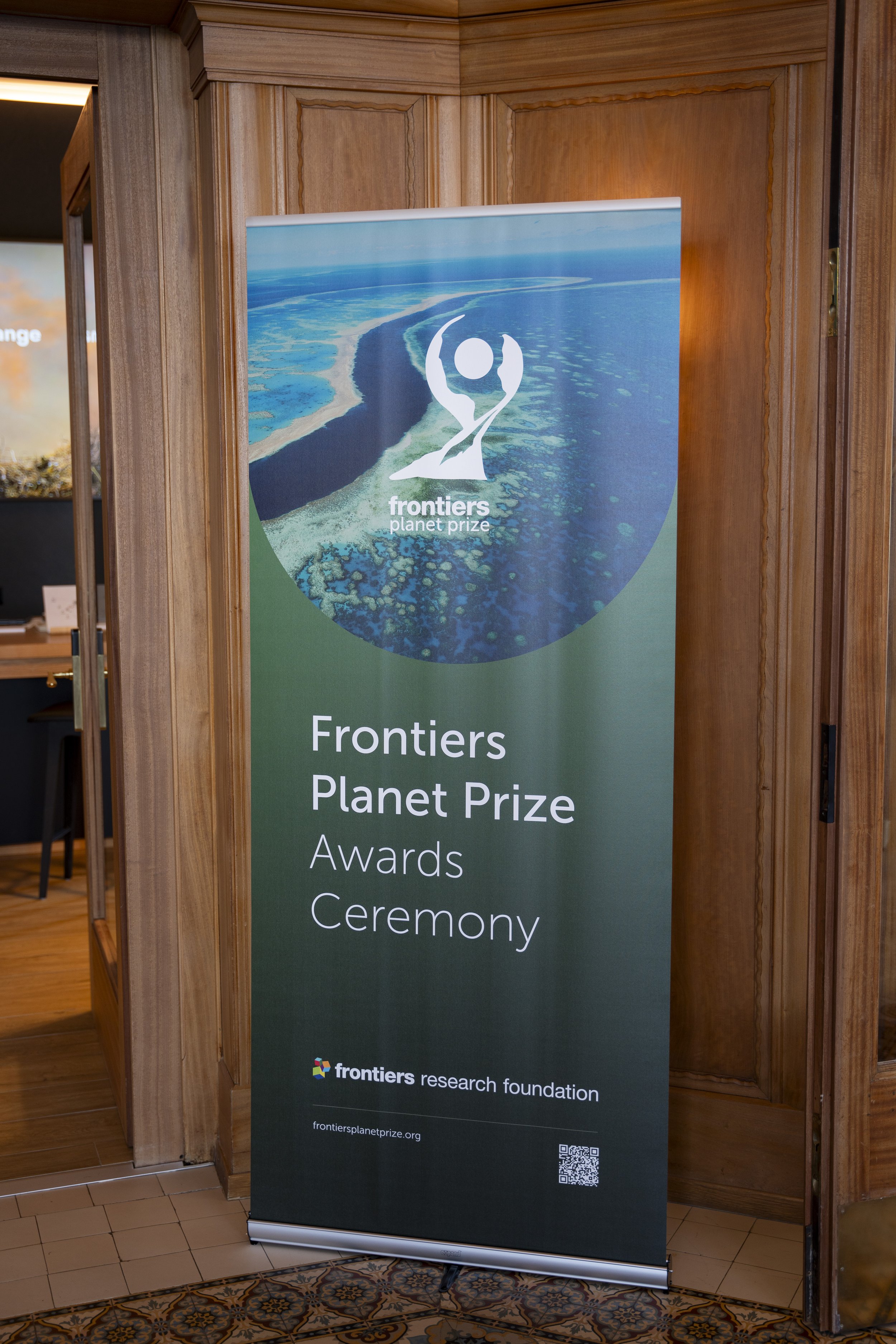


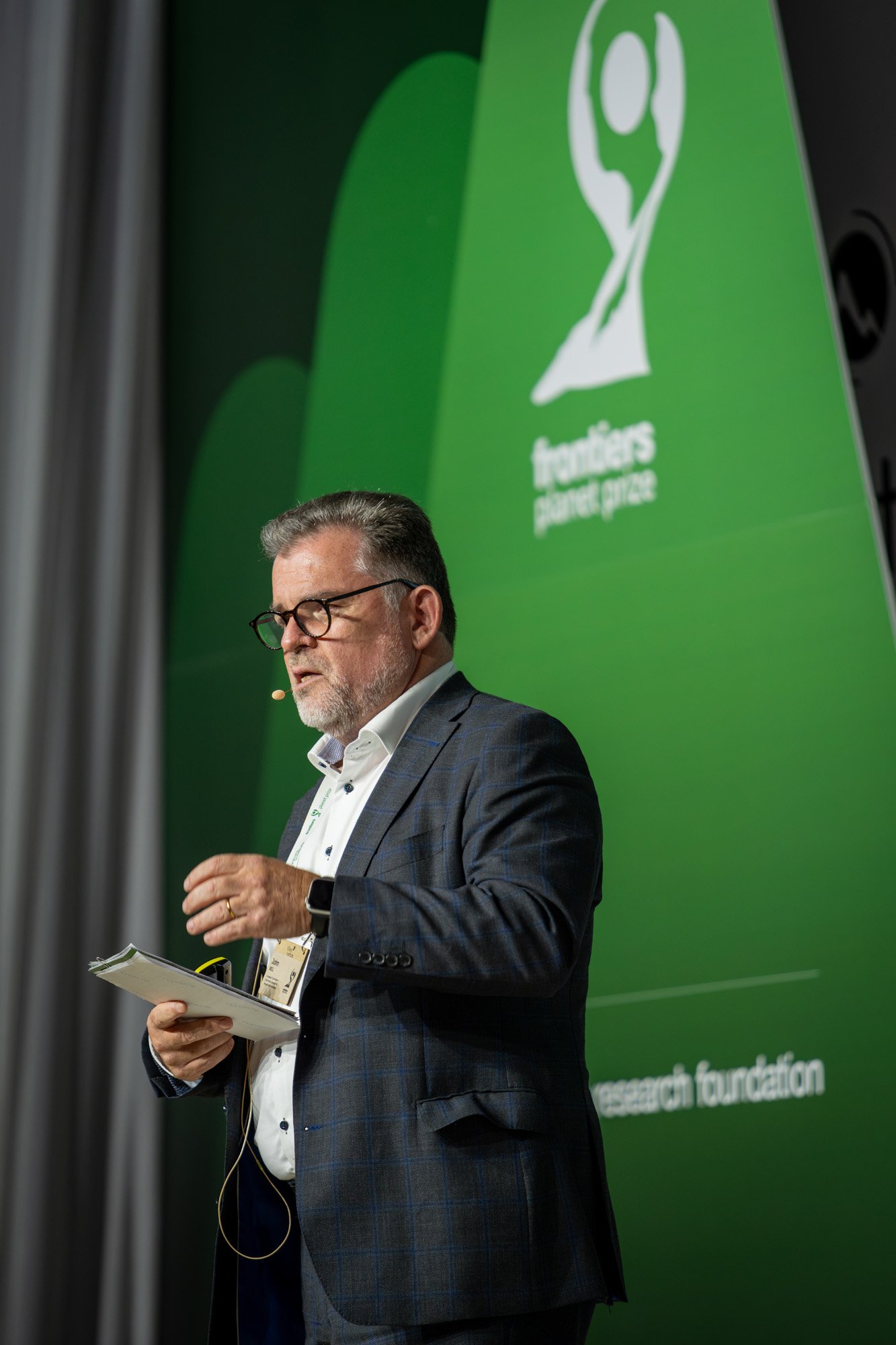




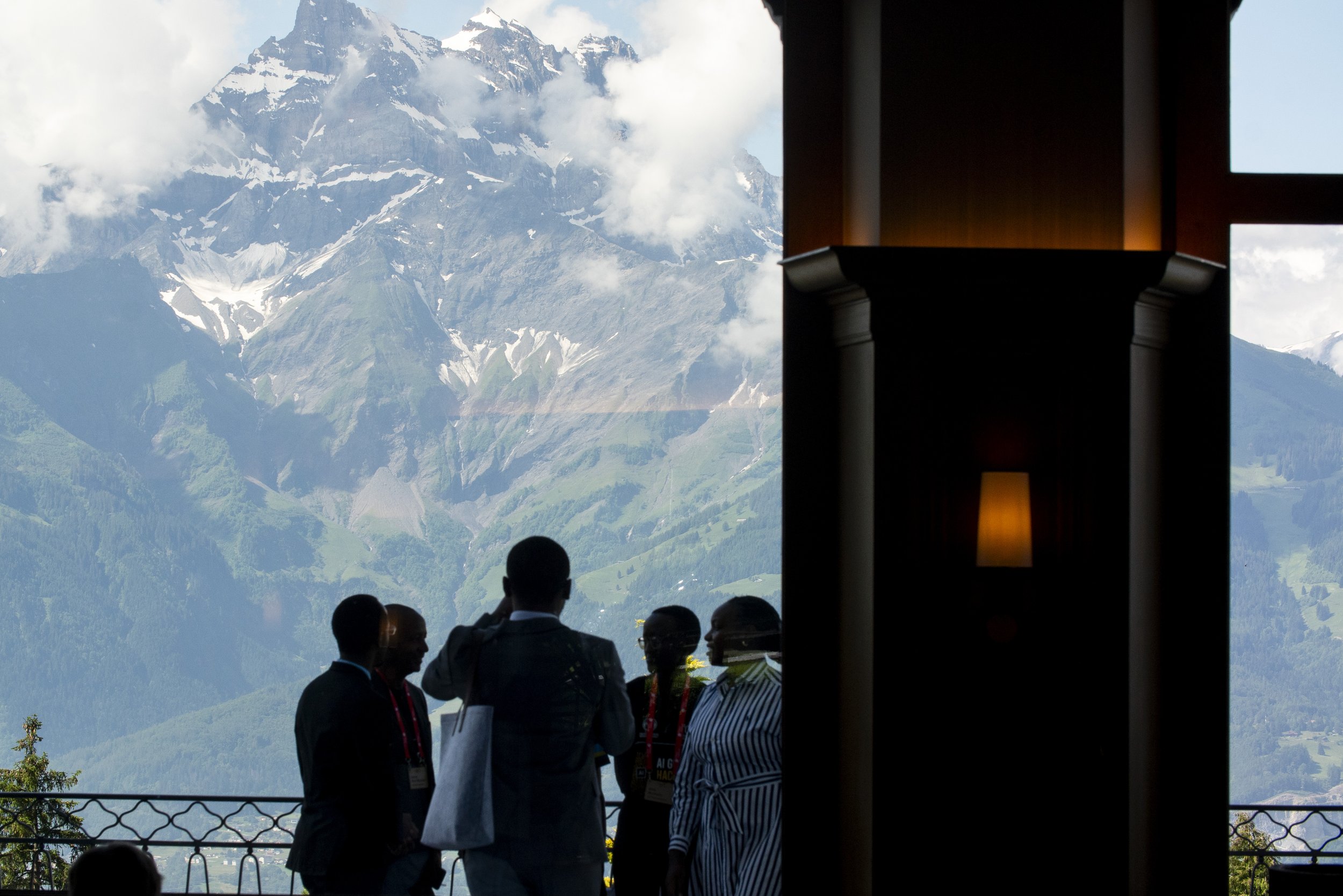

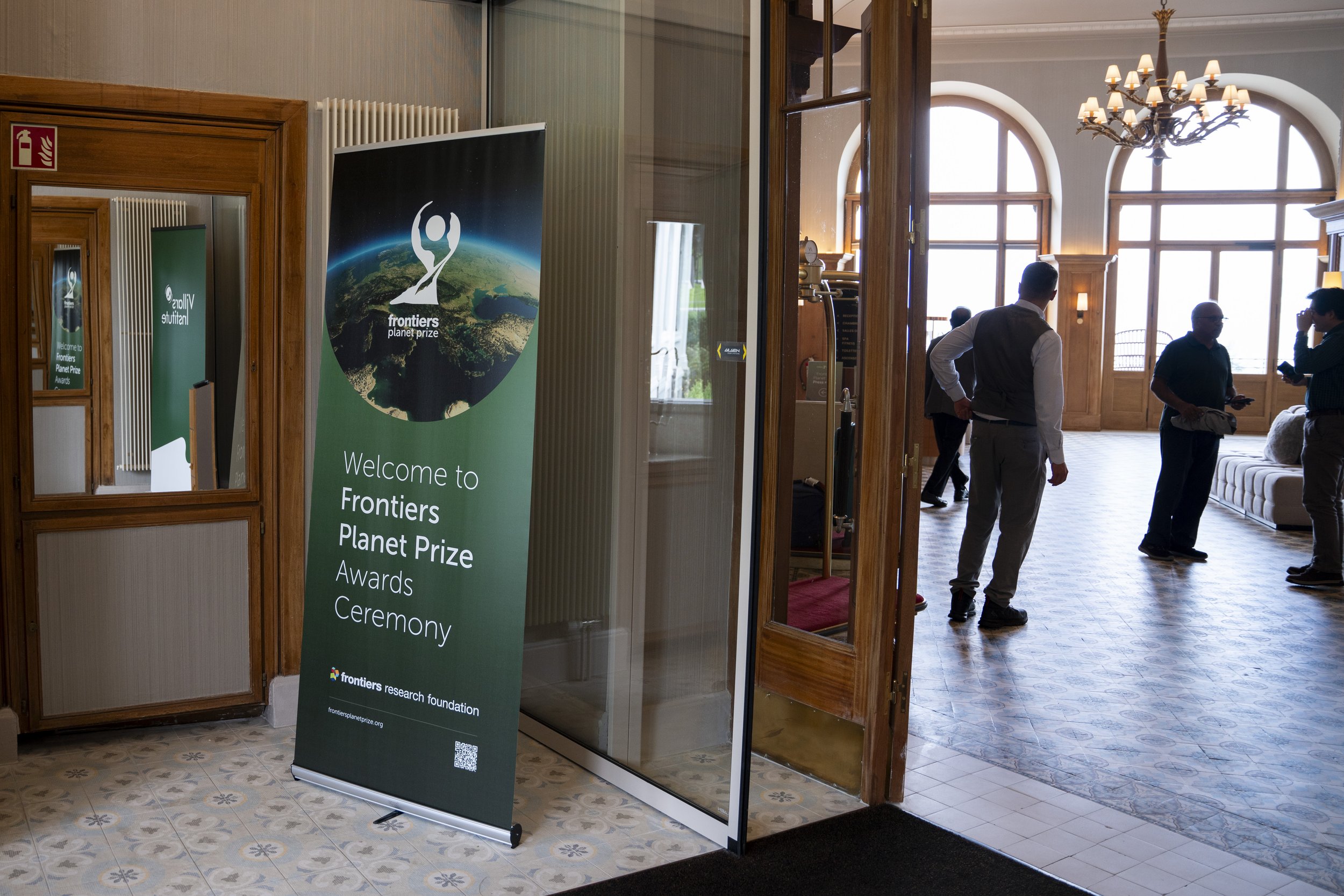
For NNBs
-
The NNBs are typically universities, and research organizations actively conducting, and publishing peer-reviewed research that advances planetary boundary science. These institutions are invited either by Frontiers Planet Prize or the relevant National Representative Body, to nominate scientists from their community. The Frontiers Research Foundation will consider registration requests at its discretion.
-
Please get in touch with Frontiers Planet Prize at info@frontiersplanetprize.org and you will be directed to the right contact person from the NRB.
-
The process of finding the best candidates is left entirely up to the NNB and does not need to be discussed or approved by Frontiers Planet Prize team.
-
An institution like a university or a research institute first needs to be registered as a NNB, after which it is free to apply its own evaluation process to select its three shortlisted nominations.
-
The award provided to the institution will have a disclaimer to ensure that the funds are used to specifically fund the research of the International Champion. Frontiers Planet Prize may periodically request a report to share how the fund money is being used.
-
The NNBs will submit their nominations to the International Science Council, which will act as the de facto NRB. Please get in touch with the planet prize team and we can connect you.
-
Yes, absolutely. A communication toolkit is provided to each National Nominating Body so they can promote the Frontiers Planet Prize within their network.
-
A contract between Frontiers Research Foundation and the winning research institution will be signed, stipulating how the money can be used.
-
Only institutions that have received an invitation by Frontiers Planet Prize, or by their National Representative Body are able to participate.
-
No. National Nominating Bodies have to submit nominations to the National Representative Body of the participating country.
-
NNBs are welcome to put forward any publication where the lead scientist(s) are researchers affiliated at their institution at the time of application.
-
Yes, any scientist affiliated to the participating institution can submit their application as long as the submitting scientist is not part of the evaluation panel for that specific National Nominating Body.
-
No. You can only put forward candidates who were affiliated at your institution on the date at which the nomination is shared from the NNB to the relevant NRB. You are welcome to encourage them to reach out to their NNB should the institution be participating.
-
Each nomination is based on one peer-reviewed publication, and not on the contribution of a one single author to a publication. For articles where there is equal co-authorship, if one researcher should include their details on the application form and clearly list the co-authors, also highlighting their level of contribution if desired.
-
NNBs establish – within the scope of the Frontiers Planet Prize (FPP) – their own independent process for identifying and nominating the candidates as National Sustainability Science Champions. The Foundation requires that all nominated scientists are then informed about the prize and that the best science will be proposed but otherwise in not involved in the selection process.
-
No. Scholarly books and book chapters are not eligible to qualify as a scientific publication.
-
The NNB that the scientist is affiliated to, at the time at which they submitted their application to the NNB.
-
No. All nominations are submitted to the NRBs in their country.
-
There are no restrictions to how the prize money is used, as long as it supports the research of the winning group of scientists. The only expectation is that no overheads can be deducted by the recipient institution.
-
No, the NNB must submit their nominations to the NRB.
-
The NNB is free to decide how the prize money is used, as long as it funds the research of the winning project. They are also able to use the funding for collaborations with other institutions, should they wish.
For NRBs
-
The National Representative Bodies (NRBs) are the National Academy of Sciences, or National Research Funder of each country.
-
The NRBs work directly with their NNBs, evaluate all their submitted nominations, select three National Nominees, and submit them to the Jury of 100.
-
It is up to each NRB to develop their own evaluation system, to select the 3 nominations from their country, that will proceed to the Jury of 100.
-
The Frontiers Planet Prize selects the relevant national academy or funder in that country, as the National Representative Body (NRB) after all NNBs have registered. Each participating country will have one NRB.
